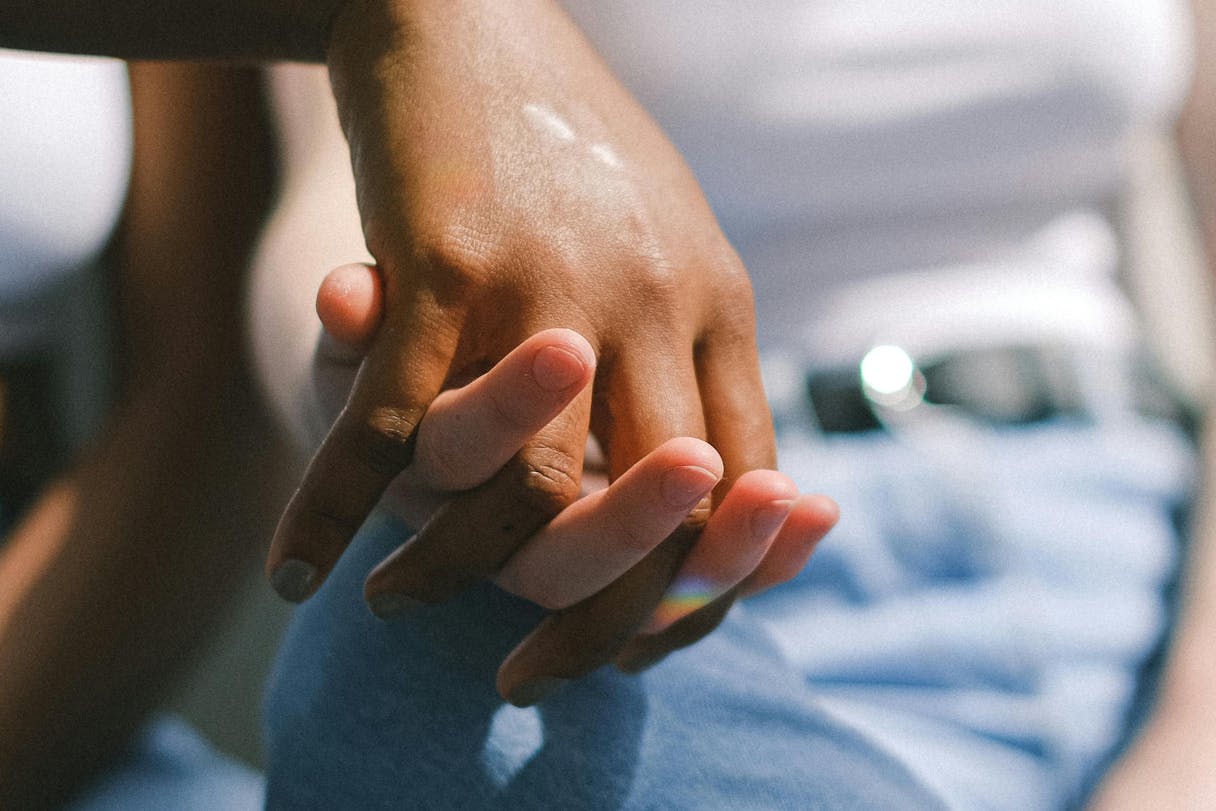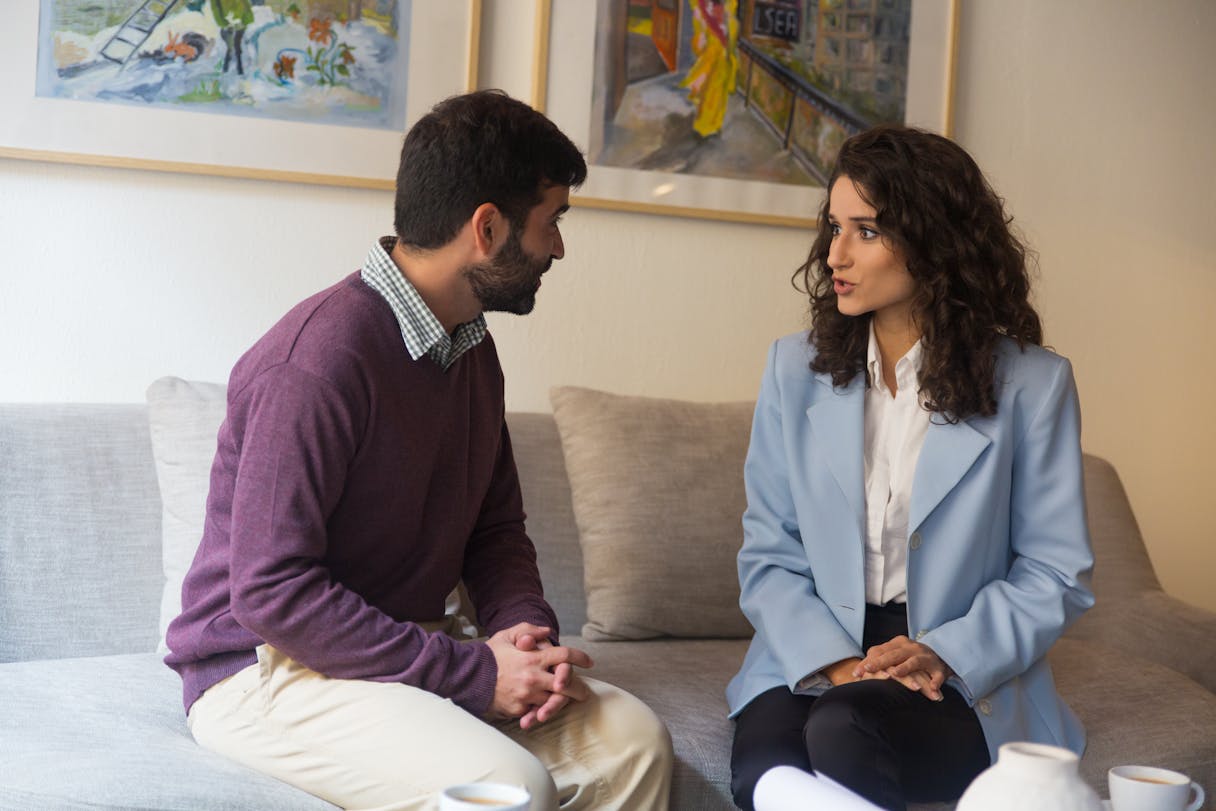Couples Therapy vs Marriage Counseling: What's the Difference?


Falling in love can be as easy as a single glance, but building and maintaining a happy relationship usually requires some effort. Professional help isn’t just for those whose relationship has hit a rough patch; it can prove beneficial for anyone looking to keep a good thing going with their special someone.
When it comes to seeking assistance, the terms "couples therapy" and "marriage counseling" are often used interchangeably. However, these two forms of relationship support have distinct focuses and methodologies.
In this article, we will explore the differences between couples therapy and marriage counseling, helping you understand which approach might be the most suitable for you and your life partner.
What is couples therapy?
Couples therapy is a broad term that encompasses various therapeutic approaches designed to help partners improve their relationship, whether they are married, engaged, or dating. The primary goal of couples therapy is to address interpersonal issues, enhance communication, and promote a healthier dynamic between partners. Therapists who specialize in couples therapy may use a range of techniques, such as cognitive-behavioral therapy (CBT), emotionally focused therapy, or systemic therapy.
Key aspects of couples therapy include:
- Developing communication skills: Couples therapy often focuses on improving communication patterns, helping partners express their needs, feelings, and concerns constructively.
- Conflict resolution: Therapists assist couples in developing effective conflict resolution skills, encouraging compromise and collaboration to navigate disagreements.
- Individual growth: Couples therapy may involve exploring each partner's personal growth and development, helping individuals understand themselves better and fostering a sense of self-awareness.
- Intimacy building: Therapists work with couples to enhance emotional and physical intimacy, creating a deeper connection between partners.
What is marriage counseling?
Marriage counseling, as the name suggests, is a form of therapy that aims to address issues within a marital relationship. While marriage counseling shares some similarities with couples therapy, it typically has a more structured focus on the institution of marriage itself. Marriage counselors often explore topics such as trust, commitment, and shared goals to strengthen the marital bond.
Key aspects of marriage counseling include:
- Rebuilding trust: Marriage counseling may focus on rebuilding trust in the aftermath of infidelity or breaches of commitment, helping couples navigate the aftermath of such challenges.
- Family dynamics: Marriage counselors may explore the impact of family-of-origin dynamics on the marital relationship, helping couples understand how past experiences shape their present interactions.
- Preventive measures: Marriage counseling can serve as a preventive measure, addressing potential issues before they escalate, and helping couples establish a strong foundation for a lasting marriage.
- Shared goals: Marriage counselors often work with couples to identify and align their long-term goals, ensuring that both partners are moving in the same direction.
Pre-marriage counseling: What is it?
Pre-marriage counseling, also known as premarital counseling, is a type of therapy that helps couples prepare for marriage. By providing guidance and tools, pre-marriage counseling aims to ensure that the couple has a strong, healthy relationship — giving their marriage a greater chance of success.
During pre-marriage counseling, couples often cover topics such as conflict resolution, communication, financial planning, family dynamics, intimacy, and relationship expectations. It provides a platform for couples to discuss various aspects of their future life together, ensuring they are on the same page and avoiding potential disputes down the line.
Should you consider pre-marriage counseling?
While pre-marriage counseling may seem like something only couples with issues would need, it's actually beneficial for all couples planning to tie the knot. Even couples who have a great relationship can benefit from exploring their expectations and future plans through guided discussions.
Pre-marriage counseling serves as a proactive tool, helping couples build a strong foundation for their future together. It allows them to identify and address any potential areas of conflict before they become larger issues, fostering open communication and mutual understanding. While it is not a guarantee of a perfect marriage, it significantly enhances the chances of a long-lasting and fulfilling union.
What is the cost of professional support?
The cost of couples therapy and marriage counseling can vary depending on the therapist's years of experience, the location of the therapy session, the duration of each session, and the level of care being offered. Counseling that requires more specialized training or clinical expertise may come with a higher price tag.
You can expect to pay between $100-$300 per session for in-person meetings. Online therapy, which is just as effective as traditional sessions, is an attractive option for those looking for a budget-friendly alternative.
Generally, the cost of couples therapy or marriage counseling is not covered by most insurance plans. However, if one or both partners have a mental health diagnosis, insurance may cover the costs. And if you have an FSA/HSA, you may be able to use these funds to pay for your sessions.

Relationship Anxiety: Understand the Signs and Ways to Cope

What To Do If You’re Feeling Underappreciated by Your Partner

How to Talk to Your Partner About Couples Therapy

Call 911 if you’re having a
mental health emergency
Text Home to 741-741 if you're in emotional
distress and need immediate support
Call or text 988 Suicide &
Crisis Lifeline. Chat service
is available at 988lifeline.org.